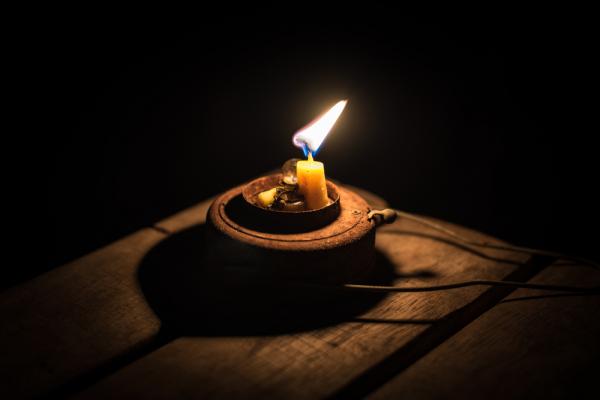Feb 26, 2016
Mass shootings are always and everywhere perverse and twisted events. But the Kansas shooting Feb. 25 that left three victims plus the gunman dead and 16 others injured possessed a few additional layers of perversity.
For one, when I tuned into the GOP presidential debate shortly after hearing news of the shooting, I expected CNN’s debate team to make mention of this newest spasm of random and brutal violence, and maybe even ask the candidates to address the issue. That was, unfortunately, not the case.
Read the Full Article

Already a subscriber? Login
